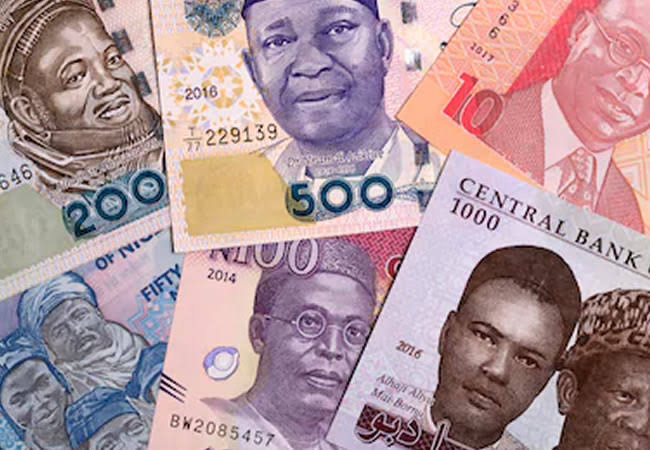Nigeria’s Supreme Court prevented the government from giving citizens a February deadline to exchange old banknotes for new ones, as the International Monetary Fund (IMF) announced trade and payments disruptions.
Nigerians were expected to exchange the old 1,000, 500 and 200 naira notes (worth $2.17, $1.09 and $0.43 respectively) by Friday for the exchange redesigned banknotes as part of the central bank’s initiative to reduce cash in circulation and tax component inflation.
The plan sparked controversy as people said there were not enough new notes available, leading to chaotic banking scenes and an acute cash shortage.

The February 25 election deadline for a new president and lawmakers has been criticized by some politicians because election campaigns are often funded with elusive money.
Also, read; Billboard Names Top 10 Greatest Rappers of All Time, JayZ Takes The Lead
Wednesday’s decision to suspend the deadline was unanimous, Supreme Court Justice John Anyang Okoro said, pending a legal challenge from three states who said the system of shifting warrants ahead of the election caused difficulties.
The court is scheduled to hear the states’ appeal on February 15.
This Wednesday morning, the country-based representative of the International Monetary Fund called on the Central Bank of Nigeria to consider extending the deadline amid the turmoil caused by the shortage of new banknotes in a country where many people are unbanked pull.

In another argument in favor of currency swaps, the central bank said they would reduce fraud because security features in the new banknotes would make counterfeiting more difficult.
The bank eventually wants to transition to a cashless economy.
It added that around 1.3 trillion naira ($2.8 billion) in old banknotes had been deposited at the bank since the October announcement.

